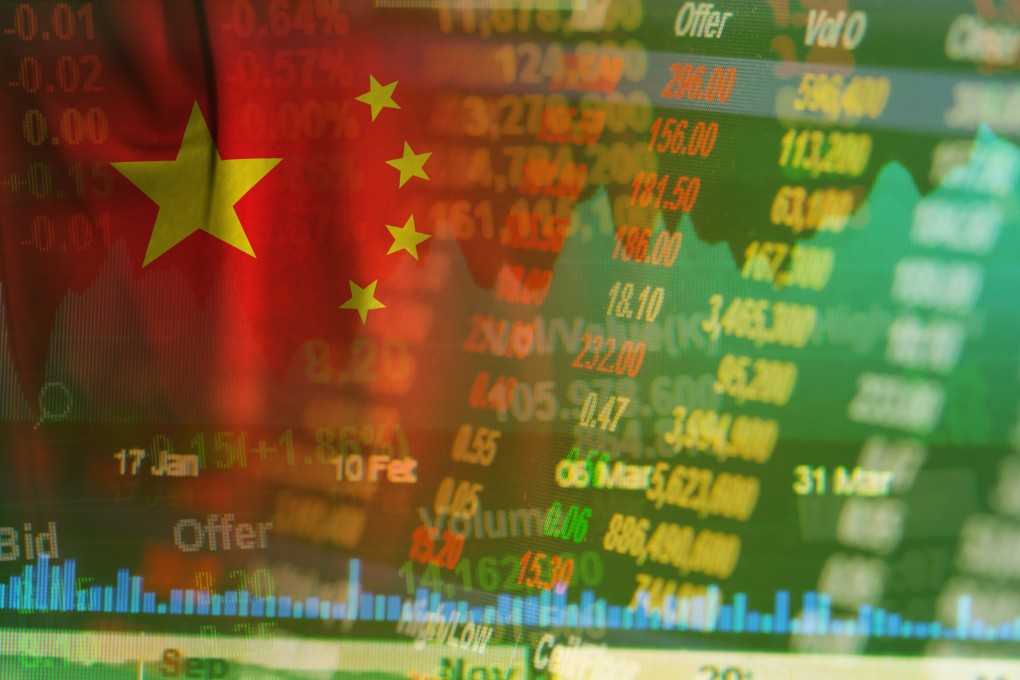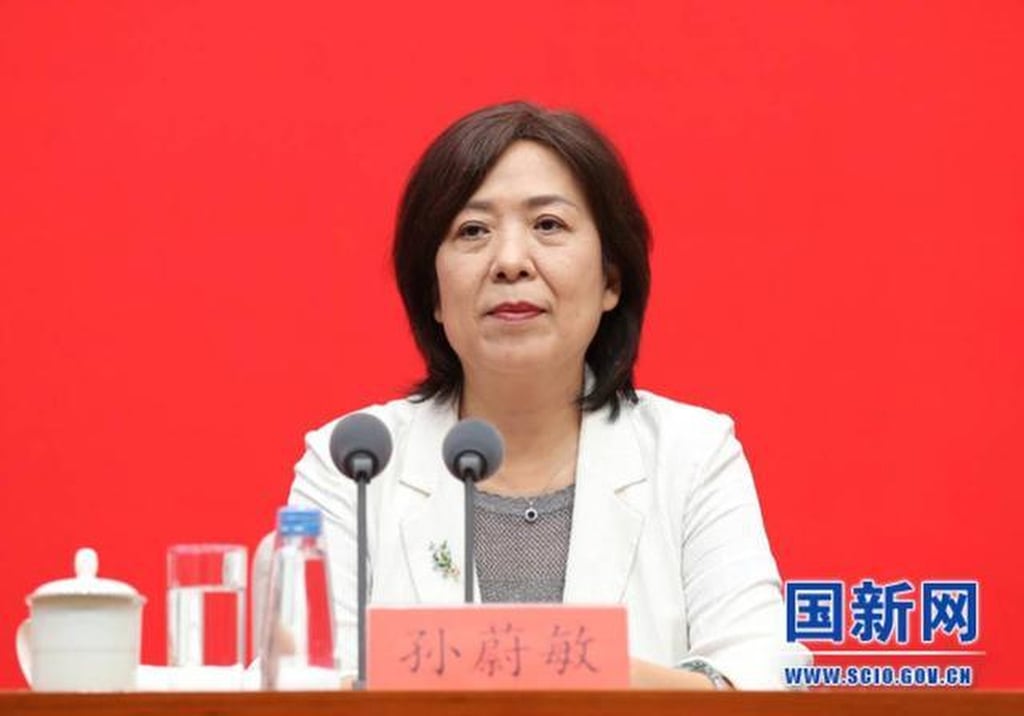Advertisement
China’s internet watchdog extends support for nation’s tech firms to raise funds abroad, signalling shift from hardline stance
- The Cyberspace Administration of China on Friday backed tech firms’ fundraising overseas amid increased cybersecurity regulations
- The internet watchdog’s public comments reflect efforts by China’s top leadership to ‘normalise’ regulation of the tech sector after past crackdowns
Reading Time:2 minutes
Why you can trust SCMP
4

China’s internet watchdog on Friday gave its strongest public endorsement to date for domestic technology companies to raise funds overseas, signalling a shift in Beijing’s hardline regulatory stance amid the country’s flagging economy.
The Cyberspace Administration of China (CAC) sought to allay investor concerns and dampen market speculation at a press conference in Beijing, where officials extolled the virtues of the nation’s policy of opening up its economy.
“China’s determination to increase its openness will not change, and China’s determination to share its development opportunities with the rest of the world will not change,” said Sun Weimin, head of the cybersecurity coordination bureau at the CAC.
Advertisement
She said the CAC “always supports domestic companies to raise funds in overseas capital markets in accordance with laws and regulations”.

The internet regulator’s latest public comments reflect efforts by China’s top leadership to “normalise” regulation over the tech sector, following a sweeping crackdown that started in late 2020 – an exercise that led to trillions of dollars in companies’ market value being wiped out across New York and Hong Kong, while deterring venture funding for Chinese tech start-ups.
Advertisement
It also shows the CAC’s solid regulatory footing at present. This September, China will implement its strict new cross-border data transfer regulation, which will require “important” and massive data transfers from the country to destinations outside its borders to be subject to security review. The CAC has the discretion to conduct a review indefinitely.
Advertisement
Select Voice
Select Speed
1.00x